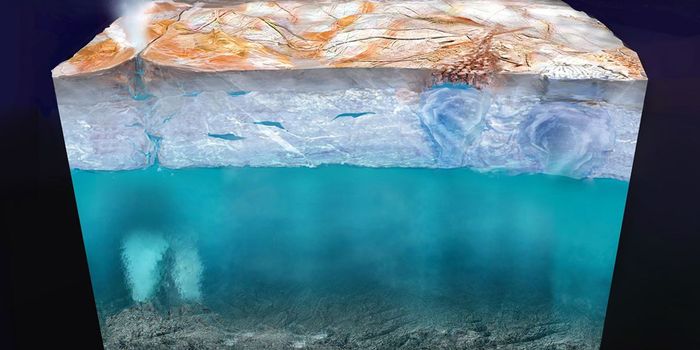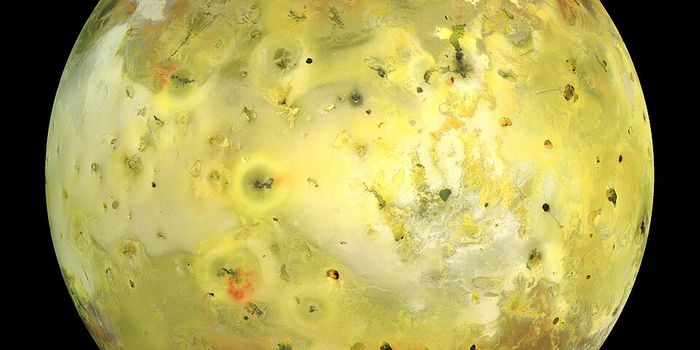Protecting Your Dog Means Testing Your Water
What steps can be taken to mitigate health risks to dogs from contaminated water? This is what a recent study published in PLOS Water hopes to address as a team of researchers investigated the severity of toxic water and the health risks this can pose for dogs and their owners, the former of which drinks whenever and wherever they can. This study has the potential to help scientists, medical professionals, and the public better understand the health effects of pollution on humans and animals and the steps that can be taken to mitigate them.
For the study, the researchers collected data on water samples obtained from approximately 200 local wells whose residences housed dogs across 10 states with the goal of identifying the amounts of metals and other potentially harmful substances within the water. The dogs were part of the Dog Aging Project (DAP) and resided in homes that were fed by local wells instead of government water supplies. In the end, the researchers discovered that 64 percent of the samples contained at least one harmful substance, including arsenic, sulfur, iron, lead, or heavy metal. Additionally, noted 126 instances of levels surpassing guidelines from the U.S. Environmental Protection Agency (EPA).
“We care what happens to our dogs,” said Dr. Audrey Ruple, who is an associate professor in quantitative epidemiology at Virginia Tech and a co-author on the study. “We try to fix the environment for them too, not just for us. It highlights the strength of the relationship that we have with them. And I'm not just saying this because I am a dog person.”
Like humans, dogs can get sick from contaminated drinking water, with potential side effects including parasites, algae poisoning, bacterial infections, and gastrointestinal issues. Due to dogs’ habits of drinking water at random locations, this study demonstrates the health consequences of polluted and contaminated drinking water that could pose for dogs.
What new connections between safe drinking water and animals will researchers make in the coming years and decades? Only time will tell, and this is why we science!
As always, keep doing science & keep looking up!
Sources: PLOS Water, EurekAlert!
Featured Image Credit: Margie Christianson/Virginia Tech








